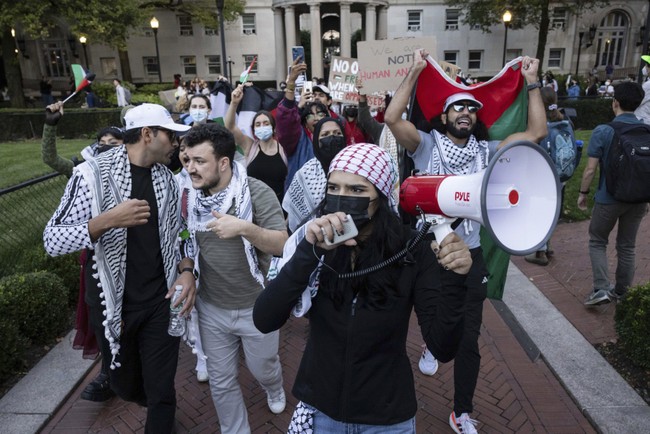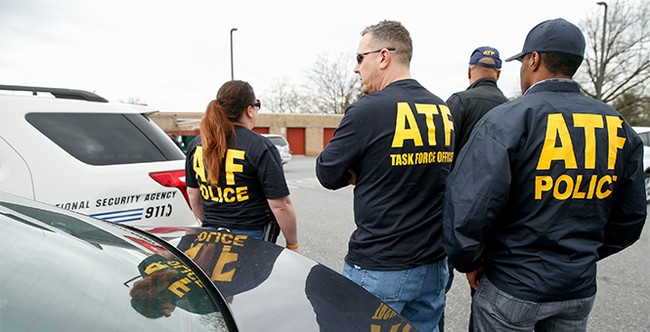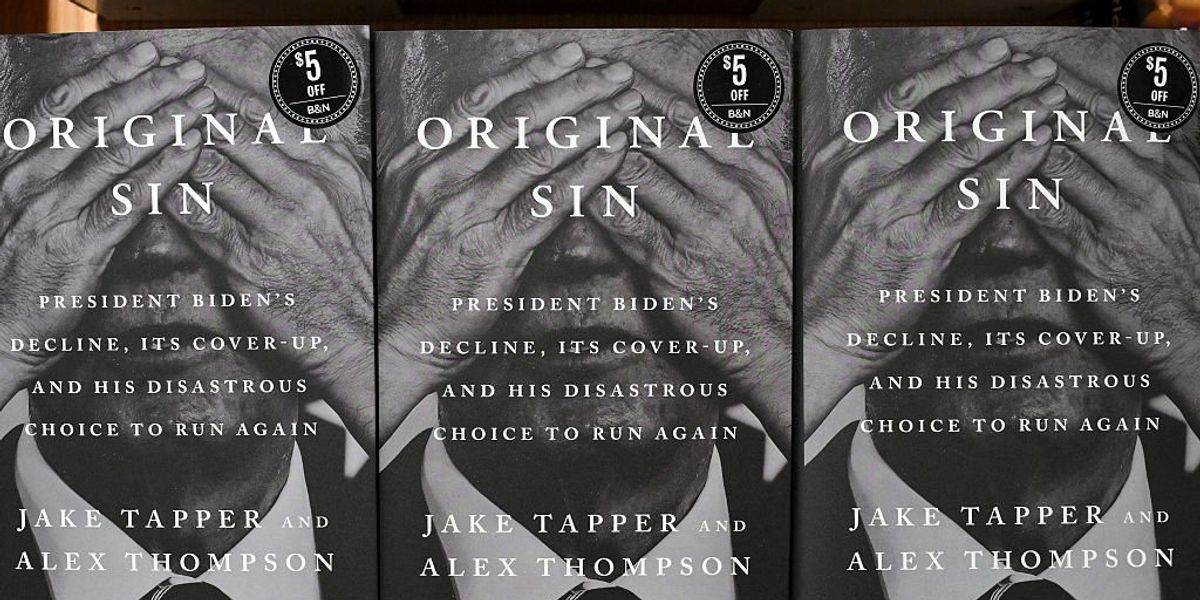In the latest display of academia’s penchant for divisiveness, Northwestern University in Evanston, Illinois, is set to offer a spring course titled “Unsettling Whiteness.”
According to Campus Reform, the course is part of the Department of Black Studies and aims to dissect and critique the so-called “historical, political, and cultural formation of whiteness in Western modernity.”
As The Gateway Pundit reported, this isn’t the first time a university has used its platform to frame an entire group as inherently problematic. Such courses often perpetuate the notion that “whiteness” is synonymous with supremacy and privilege, ignoring the nuance and individuality of human experience.
Celebrate Trump’s Historic 2024 Victory with the Exclusive Trump 47th President Collection!
For an institution that claims to value diversity and inclusion, Northwestern appears comfortable promoting a curriculum that alienates and stereotypes based on skin color.
Meet the Professor Behind the Controversy
The course is helmed by Barnor Hesse, an Associate Professor and the Director of Undergraduate Studies for the Department of Black Studies. Hesse, who holds a Ph.D. in Government from the University of Essex, focuses his academic work on what he describes as “decolonial questions of colonial-racial modernity.”
His areas of expertise include “Critical Race Studies,” “Black Political Thought,” and “Decolonial Studies.”
Hesse has gained notoriety for his “8 identities of White people,” a framework that classifies individuals along a spectrum of complicity in what he terms “the regime of whiteness.”
“There is a regime of whiteness, and there are action-oriented white identities. People who identify with whiteness are one of these. It’s about time we build an ethnography of whiteness, since white people have been the ones writing about and governing Others.”
White Supremacist: Preserves, names, and values white superiority
White Voyeurism: Would not challenge a white supremacist; desires non-whiteness because it is interesting, pleasurable; seeks to control the consumption and appropriation of non-whiteness; fascination with culture
White Privilege: May critique white supremacy, but maintains a deep investment in questions of fairness/equality under the normalization of whiteness and white rule; sworn goal of ‘diversity’
White Benefit: Sympathetic to a set of issues but only privately. Will not speak/act in solidarity publicly, because they are benefitting through whiteness in public
White Confessional: Some exposure of whiteness takes place, but as a way of being accountable to People of Colour after; seek validation from People of Color
White Critical: Take on board critiques of whiteness and invest in exposing/marking the white regime; refuses to be complicit with the regime; whiteness speaking back to whiteness
White Traitor: Actively refuses complicity; names what is going on; intention is to subvert white authority and tell the truth at whatever cost; need them to dismantle institutions
White Abolitionist: Changes institutions; dismantling whiteness, and not allowing whiteness to reassert itself
Hesse’s terminology reads more like a manifesto for division than a meaningful academic contribution. His framework essentially reduces individuals to caricatures, erasing personal responsibility and achievements in favor of predetermined labels.
Distinguished Northwestern Professor Barnor Hesse taught us that there are 8 identities of white people. You can’t make this shit up. pic.twitter.com/lLkNoMsWea
— Soy loving beta male He/her/they/ze/zir/zim😷🇺🇦 (@sjw13612) March 29, 2023
A Broader Trend in Academia
Courses like “Unsettling Whiteness” reflect a broader shift in higher education, where critical race theory and similar ideologies dominate the curriculum. This growing trend often leaves little room for open dialogue or alternative viewpoints, fostering resentment rather than understanding.
Universities, once bastions of free thought, now resemble echo chambers pushing ideological conformity.
Critics argue that this approach not only alienates students but also fails to address real issues. Instead of encouraging unity, courses like these fuel division and create an environment where students are judged not by their character but by their skin color.
What’s Next for Higher Education?
Sadly, Northwestern is far from alone. Across the nation, similar courses proliferate, turning college campuses into battlegrounds for ideological warfare. Many professors, like Hesse, seem more interested in advancing political agendas than fostering intellectual growth.
It’s time for parents, alumni, and policymakers to demand accountability from universities. Higher education should inspire critical thinking and debate—not indoctrinate students with divisive dogma.
Read the full article here





![Three Vietnam Veterans Awarded Diplomas Six Decades After Leaving High School for Military Service [WATCH] Three Vietnam Veterans Awarded Diplomas Six Decades After Leaving High School for Military Service [WATCH]](https://www.rvmnews.com/wp-content/uploads/2025/05/2025.05.23-02.14-rvmnews-683082b87a113.jpg)




